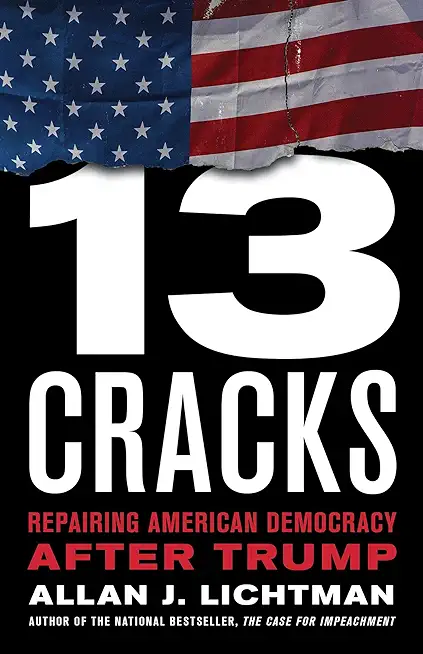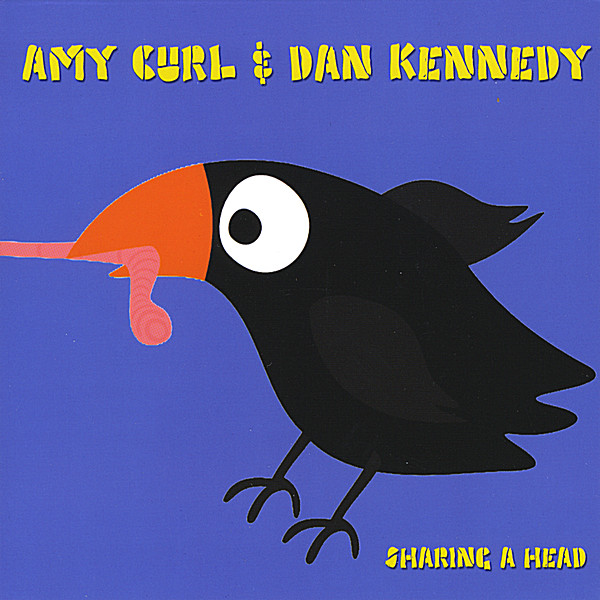
Johnson, Shelby
product information
description
hnson analyzes the works of Black and Indigenous writers in the Atlantic World, examining how their literary production informs "modes of being" that confronted violent colonial times. Johnson particularly assesses how these authors connected to places--whether real or imagined--and how those connections enabled them to make worlds in spite of the violence of slavery and settler colonialism. Johnson engages with works written in a period engulfed by the extraordinary political and social upheavals of the Age of Revolution and Indian Removal, and these texts--which include not only sermons, life writing, and periodicals but also descriptions of embodied and oral knowledge, as well as material objects--register defiance to land removal and other forms of violence.
In studying writers of color during this era, Johnson probes the histories of their lived environment and of the earth itself--its limits, its finite resources, and its metaphoric mortality--in a way that offers new insights on what it means to imagine sustainable connections to the ground on which we walk.
In studying writers of color during this era, Johnson probes the histories of their lived environment and of the earth itself--its limits, its finite resources, and its metaphoric mortality--in a way that offers new insights on what it means to imagine sustainable connections to the ground on which we walk.
member goods
No member items were found under this heading.
Return Policy
All sales are final
Shipping
No special shipping considerations available.
Shipping fees determined at checkout.







